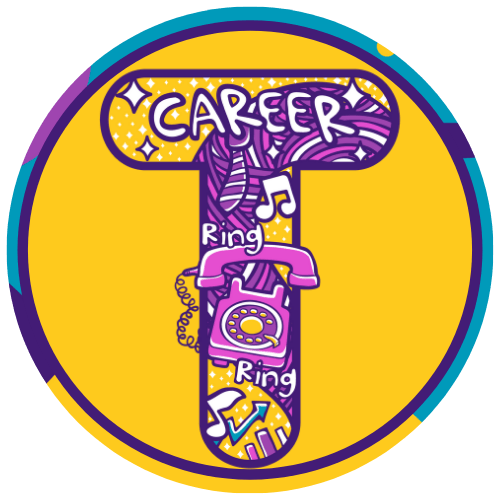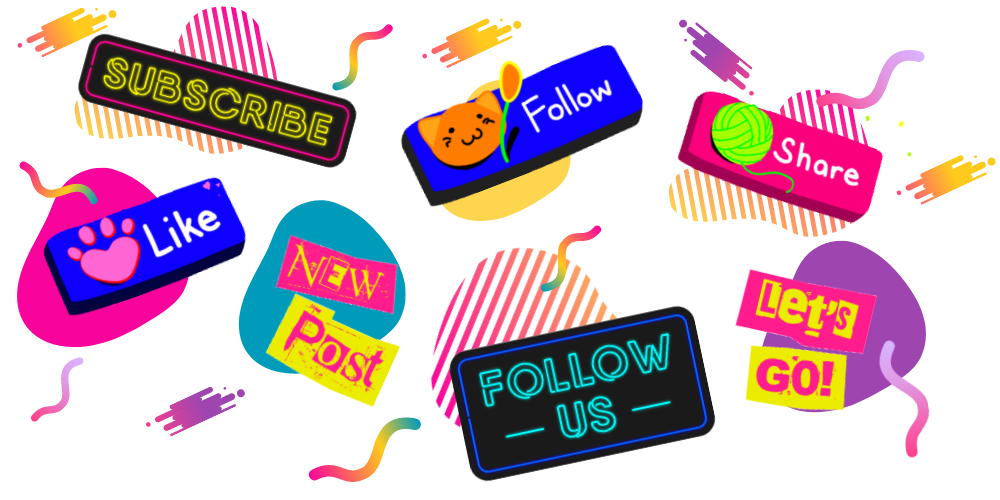Top 5 Industries That Will Always Be In-Demand
Top 5 Industries That Will Always Be In-Demand

Regardless of how hard the economy is hit, some industries will always be in demand. These industries will continue to grow while providing innovation and technological developments to the masses. Over the decades, some industries attempt to keep up with the rapidly changing demands while using archaic traditional methods only to become obsolete and made irrelevant by innovative technology.
Some industries are flat out necessary for our safety and survival. Industries that cater to our essential existence will always continue to grow and be in high demand.
For this reason, here are the top 5 industries that aren’t going anyway soon.
Agricultural and Food 🚜🐄
You probably already knew agricultural and food-related industries will always be in demand because of the obvious. Food production is essential for our survival, making this a pretty stable industry regardless of how hard the economy gets hit. Of course, production and consumer prices will fluctuate depending on the market demands, but it’s safe to say agriculture and food are going nowhere fast.
Healthcare & Pharmaceutical 💊💉🩺
Regardless of how cruel this may sound, your health and the quality of service you receive is a business. The healthcare & pharmaceutical industry has made tremendous progress in improving the quality of care rendered and has placed a bet on the inevitable: you getting sick. Though morbid, it’s the circle of life. If you live long enough, you will age, and you will die. Depending on how well you take care of yourself will determine what that timeline looks like in the future. But no need to worry if your timeline falls short; the healthcare & pharmaceutical industry will have a pill to make it all better, at a cost, of course….
Education 🏫
It’s been reported that education falls under the top ten biggest industries in the United States. The education industry makes up approximately 6.2% of the United States’ GDP. That number is not just based on the country’s public school system. It includes, but is not limited to, private universities, vocational training, online education, e-learning resources, primary and secondary education, international studies, and educational materials. Education is the sister/brother of innovation. A stable educational foundation must exist before groundbreaking advancements can be produced, directly shaping our future economy. How education is delivered will always be a variable, but it’s fair to predict that the education industry is a pretty permanent fixture in our economy.
Technology 💻📡
This should not come as any surprise that the technology industry made the top five list. Any and almost everything tech-related will make a mark on the economy now and in the future. From big data, developers, programmers, cybersecurity, robotics, engineers, yada yada yada. Bottom line, if you are in the tech industry, you have a job. Most people I know in the tech industry were not even affected by the recession. Many were already working remotely, and it was business as usual. Those that were downsized swiftly had offers on the table or lined up. The transition was effortless since many organizations looked to technology to streamline their business efforts in response to the new virtual marketplace. If you are still having trouble making out the writing on the wall, let me make it crystal clear. Technology has always been the driver of economic growth. Whoever can do it faster, more efficient, and accurate wins the market share (ex. Amazon). It is the future, and it plays a part in EVERY single viable industry, and it has a 1st class ticket to going nowhere!
Renewable Energy & Environmental Industries ♻️
The renewable energy industry has been a hot topic, literally and figurative, over the last decade. Research and data have shown that human intervention will be essential to reduce global warming trends. The International Renewable Energy Agency indicated that global jobs in the renewable energy sector increased to more than 10 million for the first time in 2018. They expect there to be 28 million jobs in the industry by 2050. This industry moves up the charts and earns the spot of a crucial resource versus an optional novelty. We are learning that if we don’t make our planet a priority, we will fail to exist. So “Go Green” because it’s definitely not going nowhere else!
Bonus Highlights 🎇
These are not brand new industries, but they are making money moves in a BIG way. Just keep your eye on these industries.
eCommerce & OnDemand Services - Are they a “life or death” industry like food or healthcare? No. But people pay for convenience, and I hear they spend a lot. eCommerce & OnDemand services are a billion-dollar business and rapidly dipping their toe in the trillion-dollar pool.
Gaming & Sin Industry - One thing a recession has proved is “Bad Habits Die Hard.” This industry consists of alcohol, tobacco, recreational cannabis, gambling, and late-night fun (use your imagination). And this industry saw a hard rise, no pun intended, and yea, it’s still rising…
Manufacturing & Textile - Listen, I know what you are thinking, “how the heck did manufacturing make it on the list?” When a recession hits, manufacturing is usually on the frontline taking the bulk of the beating, from plant shutdowns to massive layoffs. Though this may be true, the devil is in the details or, better yet, what’s being manufactured. So yes, car manufacturing plants will tank because people aren’t beating down the doors to buy a new automobile during a recession. But in the same breathe, other industries couldn’t keep up with the demand. Quite frankly, unless there is a full collapse of civilization, there will always be something that will need to be manufactured.
Sound Off 📢 Add to the list! What are some other industries that will always be in-demand?
Be Kind & Share! 💌
About the author
Bridget Baggett is a Career Strategist and a Diversity Consultant that assist professionals with their career journey. She helps career-oriented professionals navigate the competitive workforce by setting attainable career goals that lead to gainful employment, promotions, salary increases, and meaningful career changes. She is the founder of the Twisted Career Society, a network of professionals that inspires, educates, and innovates the global workforce.








